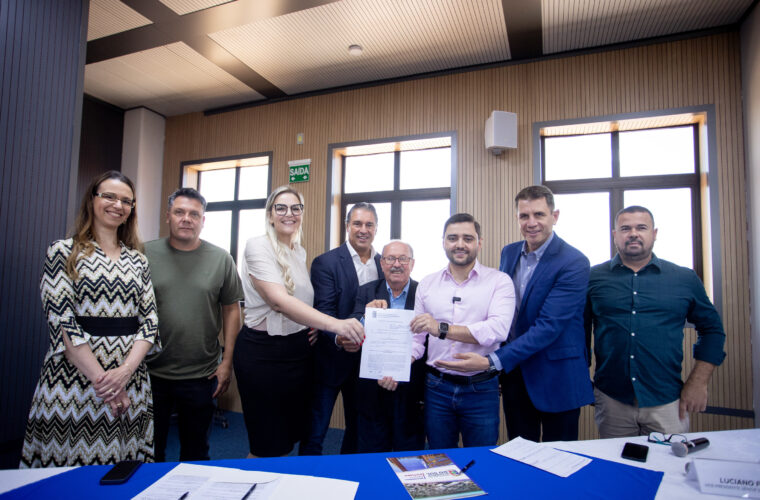Shane Monahan is CEO of social audio app Limor. The Irish based founder has had quite the active career to date, he’s a former professional rugby player in Ireland and England.
It was always his goal to become a rugby player and turn professional. But a lucky decision in his early education choices helped him on his way to finding a career after retiring from the sport.
He studied Product Design – not entirely intentional at the time. He was looking for a something to study which complimented his interest in art, drawing and painting. I should mention at this point he’s a keen and talented artist as well.
Just because it had the word ‘design’ in it didn’t mean it was about the arts, as Monaghan soon found out. Regardless it was the best move he could have ‘accidently’ made at the time because it’s stood to him in retirement.
“It was an incredible degree,” he says. “I would advise absolutely anyone to do it now. Especially the world that we’re going into – there’s a high demand and need for entrepreneurs, and innovation – that’s exactly what that degree is all about.”


“You learn how to build, design, engineer a product, and then how to build a business and bring it to the market, essentially. It’s the whole lifecycle of the product from start to finish.”
The rugby career took off and post college Monahan played rugby in Ireland and the UK. It was while he was in England, playing for Gloucester, that he let the public see his artistic side. He began selling paintings of his fellow players, after gifting his first player portrait to club mate Mike Tindal as a secret Santa gift.
How Limor app began
His career in rugby came to an end when he retired from professional rugby at the end of 2015. At that stage the acorn of Limor had already been planted.
“It came from a conversation with my dad in December 2014,” he explains.
He was having a chat with his dad about getting media coverage for a voluntary group his dad was involved with. The group was having trouble getting the attention of media to spread the word about their efforts, so he mentioned to his dad they should start a podcast.
“His answer to me was ‘what’s a podcast?’, which in 2014 was 9 out of 10 people. It just goes to show how much the industry has grown,” he says.
Despite his dad being impressed by podcasts, when it was explained how one might go about recording, editing, uploading, and marketing one, the work involved was instantly off putting.

“We went from amazing idea to not interested in literally seconds,” says Monahan, “and that’s when I got the idea.”
How could he make producing podcasts and audio clips more accessible to those who did not have the equipment or expertise?
“Imagine if there was an app for my dad, or anyone who wanted to instantly start a podcast or share their voice, that would remove all these barriers to entry – that’s when I began researching the industry.”
“I started to realise there was a lot of issues and problems, not just from the creation standpoint but from a consumer standpoint too – search and discovery was very poor,” he explains.
“One of the biggest issues I found with podcasts is, we’re in the era of social media and podcasts are not social. They’re monologues, you create, and I listen – it’s like radio essentially,” he adds.
Monahan was looking for a way to break down the barriers between content creator, follower, and listener so that they can all talk to each other.
Recording your voice or podcast – social audio app
“Now with Limor app, you can instantly record your voice or podcast, share it and your followers can instantly listen. They can interact and engage with likes and recasts, giving feedback to the content creators, but they can also talk directly to them as well,” he explains.
Social audio is becoming a popular tool for creators all over the world, giving them more opportunities to reach new audiences, and interreact and collaborate with people they could formerly only transit to.
Monahan was talking about social audio when people were still unaware that podcasting existed. He sourced the problem and fixed it. And continues to knockdown all barriers to entry for creators and consumers.
“Ultimately, in time, you’ll be able to use Limor completely with your voice, you won’t even need to touch the screen – and that’s the advantage of audio based social platforms like my own,” he says.
Social audio apps like Limor mean anyone using the app can become a creator.
Limor have just introduced a Limor Patron which is a monetization version of Limor where creators can offer followers a subscription to get exclusive content.
The start-up recently announced they had reached 100,000 downloads in 12 weeks.



